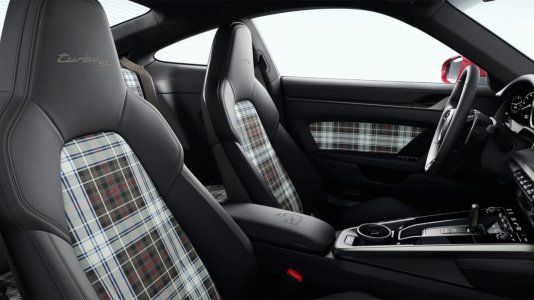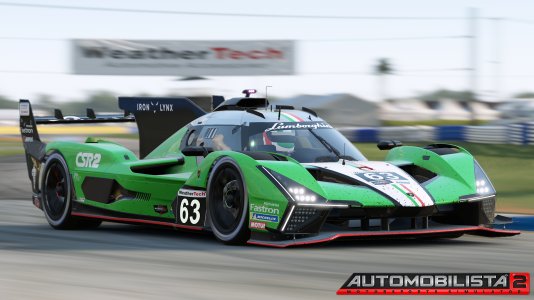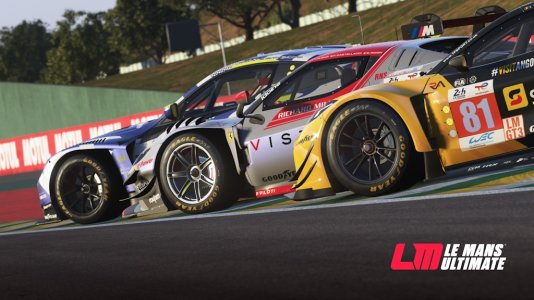So, this brings back what I thought earlier.
Isn't it time to let F1 teams knock themselves out with electronics, especially suspension? Electronic and electromechanical parts are very cheap now. It would be idea-driven. Low budget teams would have a much higher chance competing than with engines (especially the hybrids). I'm not saying the things in that article are cheap. But a lot cheaper than the only thing deciding competition today. Plus, it cannot easily be copied since the mechanics and somewhat hidden and the software is private. So whoever has an engineer with a good idea can convert it into racing success for a reasonable amount of time.
A positive side effect is that active suspension would stabilize the car's body and hence the wing and diffuser height. This means that the smaller teams can develop aero in a reasonable timeframe and not have it fall apart on bumpy tracks (remember 1994, when even the big teams did not have enough time to make their aero compatible with passive suspension).
Isn't it time to let F1 teams knock themselves out with electronics, especially suspension? Electronic and electromechanical parts are very cheap now. It would be idea-driven. Low budget teams would have a much higher chance competing than with engines (especially the hybrids). I'm not saying the things in that article are cheap. But a lot cheaper than the only thing deciding competition today. Plus, it cannot easily be copied since the mechanics and somewhat hidden and the software is private. So whoever has an engineer with a good idea can convert it into racing success for a reasonable amount of time.
A positive side effect is that active suspension would stabilize the car's body and hence the wing and diffuser height. This means that the smaller teams can develop aero in a reasonable timeframe and not have it fall apart on bumpy tracks (remember 1994, when even the big teams did not have enough time to make their aero compatible with passive suspension).









